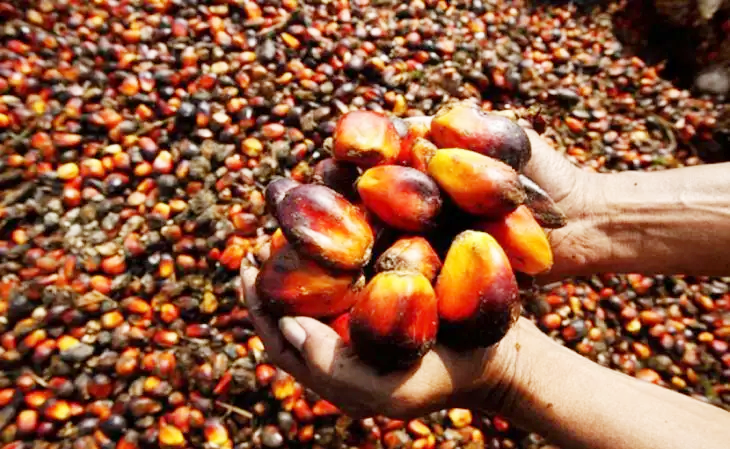In the vast expanse of Nigeria’s agricultural landscape, the palm tree stands as an emblem of both tradition and potential. For centuries, palm oil has been an integral part of Nigerian culture and economy, serving as a staple ingredient in local cuisine, a source of income for countless farmers, and a key export commodity. However, in recent times, Nigeria has found itself increasingly reliant on imports to meet its demand for palm oil, a trend that undermines both economic stability and national sovereignty.
Nigeria currently imports more than $500 million worth of palm oil annually.
The urgency for Nigeria to attain self-sufficiency in palm oil production stems from multifaceted concerns that span economic, environmental, and social domains. Foremost among these is the economic impact of import dependence. Nigeria, once a leading global exporter of palm oil, now finds itself importing significant quantities to meet domestic demand. This reliance on foreign sources not only drains the nation’s foreign exchange reserves but also leaves it vulnerable to price fluctuations and supply chain disruptions in the global market. By revitalising domestic production, Nigeria can reclaim control over its palm oil sector, fostering economic resilience and reducing its trade deficit.
Moreover, the pursuit of self-sufficiency in palm oil production aligns with broader environmental imperatives. Palm oil cultivation, when undertaken irresponsibly, can contribute to deforestation, habitat loss, and biodiversity degradation. By enhancing domestic production practices and enforcing sustainable land management policies, Nigeria can mitigate these environmental risks, preserving its natural heritage for future generations while simultaneously bolstering its international reputation as a responsible steward of the environment.
Furthermore, investing in domestic palm oil production holds the promise of socioeconomic advancement for rural communities across Nigeria. Palm oil cultivation has long served as a source of livelihood for millions of smallholder farmers, offering them opportunities for income generation and poverty alleviation. By empowering these farmers with access to modern agricultural techniques, financial resources, and market linkages, Nigeria can unlock the full potential of its agriculture sector, driving inclusive growth and fostering equitable development.
In the journey towards self-sufficiency in palm oil production, Nigeria must embrace a holistic approach that encompasses policy reforms, investment incentives, and community engagement. This entails fostering an enabling regulatory environment that incentivises sustainable practices, mobilising public and private sector investment to modernise the palm oil value chain, and prioritising the empowerment of small-holder farmers through capacity building and resource provision.
Ultimately, the quest for self-sufficiency in palm oil production transcends mere economic calculations; it embodies a vision of national resilience, environmental stewardship, and inclusive prosperity. By harnessing the rich potential of its agricultural heritage, Nigeria can chart a course toward a future where palm oil not only sustains livelihoods but also fuels the nation’s journey toward self-reliance and sustainable development.





